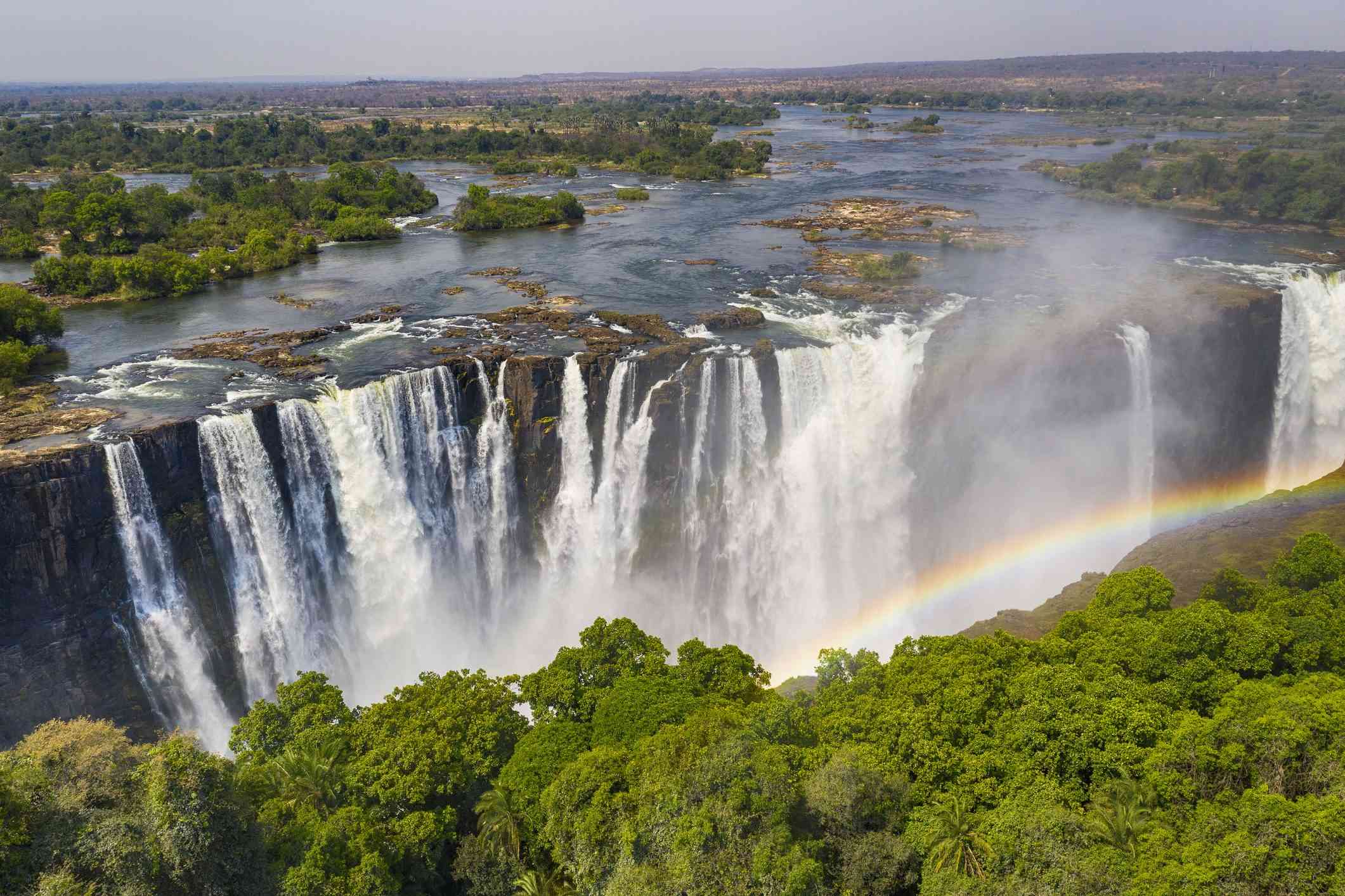
An important observation is that the tourism sector continues to play a crucial role in Zimbabwe's economy, contributing significantly to gross domestic product (GDP), employment and foreign exchange earnings.
The sector's contribution to GDP has been increasing since 2022, showcasing its importance in driving economic activity and revenue generation.
Zimbabwe is endowed with numerous natural and cultural attractions that draw tourists from around the globe.
As a result, the tourism sector has witnessed a notable increase in employment contribution, highlighting its capacity to create jobs and support livelihoods.
The influx of international tourists and the associated spending has provided vital revenue streams, aiding in the development of infrastructure and local communities. Leading up to 2019, Zimbabwe's tourism sector experienced a notable growth trajectory. Tourism saw a steady increase, with international arrivals, rising from approximately 2,4 million in 2016 to around 2,6 million in 2019.
This upward trend was accompanied by an increase in hotel occupancy rates, which reached an average of 56% in 2019, up from 48% in 2016.
The growth in tourist numbers and occupancy rates reflected the country's improving reputation as a safe and attractive destination, boosted by strategic marketing efforts and enhanced tourism infrastructure. That said, the Covid-19 pandemic had a profound impact on Zimbabwe’s tourism sector, resulting in significant declines in tourist arrivals, hotel occupancy rates, and overall revenue.
With global travel restrictions and widespread lockdowns, the industry faced an unprecedented downturn.
- Experts downbeat as Ncube cuts GDP forecasts
- New perspectives: De-link politics from Zim’s education policies
- Experts downbeat as Ncube cuts GDP forecasts
- New perspectives: De-link politics from Zim’s education policies
Keep Reading
Despite these headwinds, the industry demonstrated resilience, with stakeholders working collaboratively to navigate the crisis and lay the groundwork for recovery. Post Covid-19, the tourism sector has shown encouraging signs of recovery. Tourist arrivals and hotel bookings have been on an upward trajectory, reflecting renewed interest and confidence in traveling to Zimbabwe.
Data shows that total tourist arrivals rose by 54% in 2023 compared to 2022, reflecting a significant rebound in global travel and tourism.
Notably, all markets experienced a rise of at least 20% above the 2022 levels, with Asia doubling over the review period.
The outlook for Zimbabwe's tourism industry over the next five to 10 years is positive, with several forecasts predicting substantial growth as the sector continues to recover and expand.
According to the Zimbabwe Tourism Authority (ZTA), international tourist arrivals are expected to reach pre-pandemic levels of 2,6 million by 2025 and could surpass 3,5 million by 2030.
Tourism revenue is projected to grow from US$900 million in 2022 to approximately US$1,5 billion by 2025, and potentially exceed US$2,5 billion by 2030.
In our view, Victoria Falls stands out as Zimbabwe’s top premier destination. Known locally as "Mosi-oa-Tunya" or "The Smoke That Thunders," Victoria Falls is one of the seven natural wonders of the world. It offers breath-taking views, thrilling adventure activities and a rich array of wildlife experiences in the surrounding national parks.
Victoria Falls is highlighted as a prime tourist destination in the "Tourism Trends Statistics Report 2023," emphasising its significance as a major tourist destination.
The report highlights that the Victoria Falls region has experienced remarkable growth, attracting both international and domestic tourists, showcasing its appeal to diverse traveller segments.
Overall, tourism is expected to continue on an upward trajectory due to the country’s improving accessibility and appealing destinations.
We note significant developments in Victoria Falls such as an increase of flights following the completion of the Victoria Falls International Airport, development of an offshore financial services centre which led to the establishment of the Victoria Falls Stock Exchange (VFEX) and commencement of the construction of a 10 000 - seat stadium to accommodate local and international sporting events, mainly cricket. We recommend investors to take advantage of this growth trend by taking positions in tourism assets.
One avenue is through property investments (hospitality assets).
Investors in such an asset class can benefit from enhanced returns and lower risk. Key attractions to potential investors include:
Returns – Tourism and hospitality assets seek to achieve higher returns in the form of enhanced rental income and capital gains.
Diversification – Tourism and hospitality assets provide a good avenue to diversify investment portfolios.
Specialist skills – Investing in tourism and hospitality assets enables investors to leverage on specialist skills from operators of such assets and this culminates to attractive rental yields.
Overall, the investment case in tourism and hospitality assets in Victoria Falls is compelling.
We contend that it will be a great addition to investment portfolios given the scope for massive upside in the outlook period. BUY Victoria Falls!
Matsika is a corporate finance specialist with SwitzView Wealth Management. — +263 78 358 4745 or batanaim@switzview.com.






